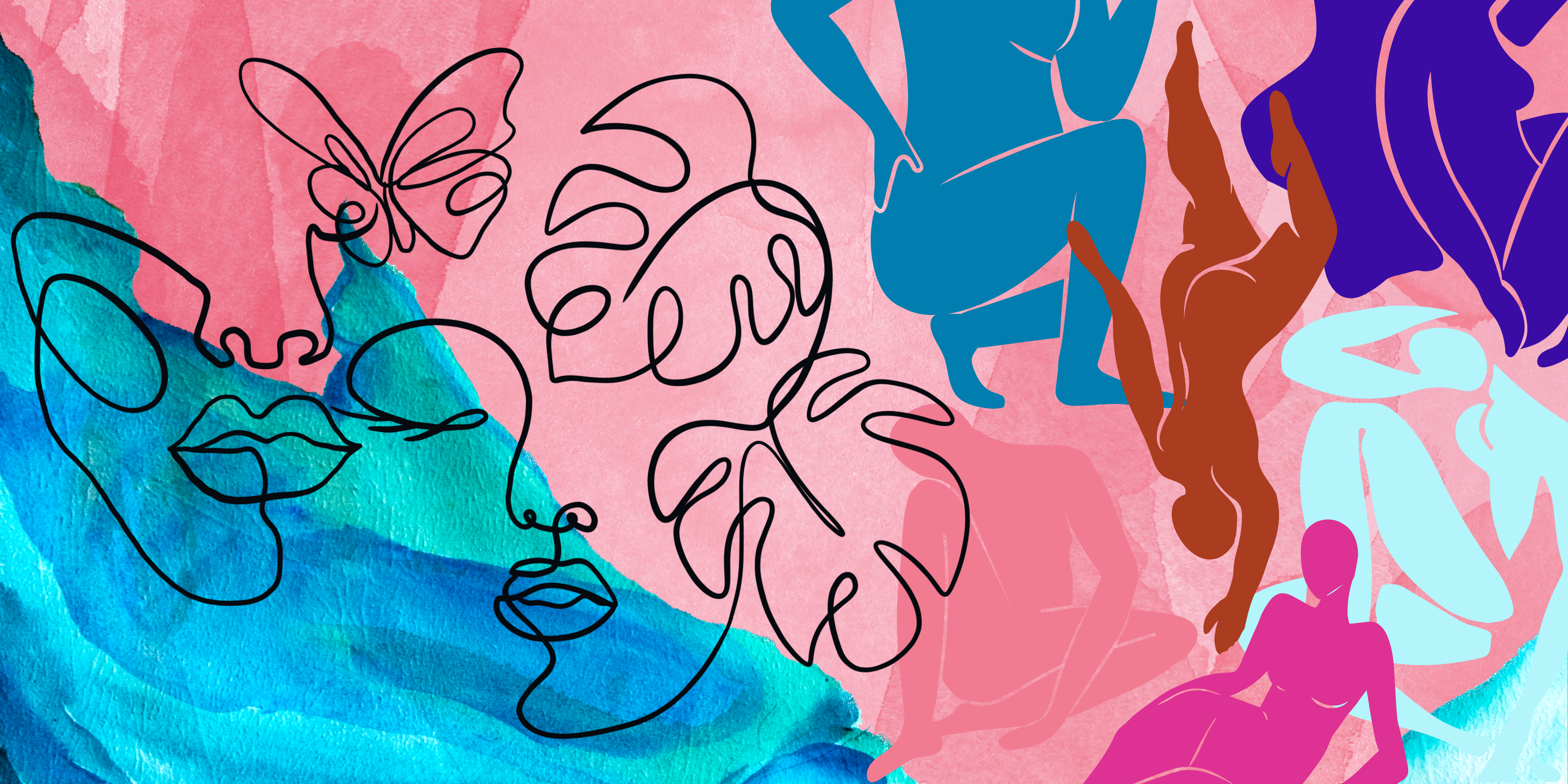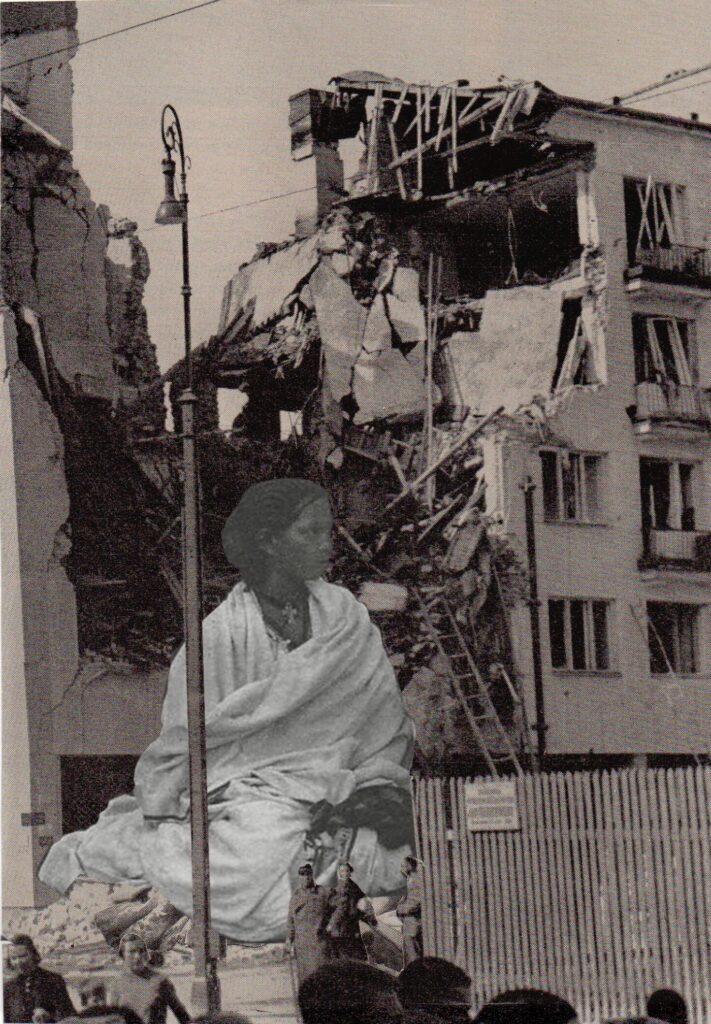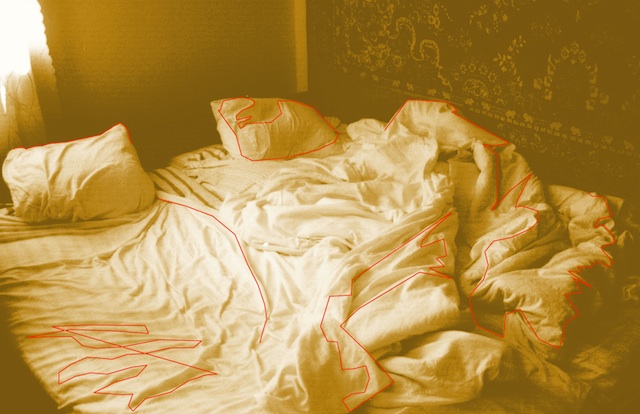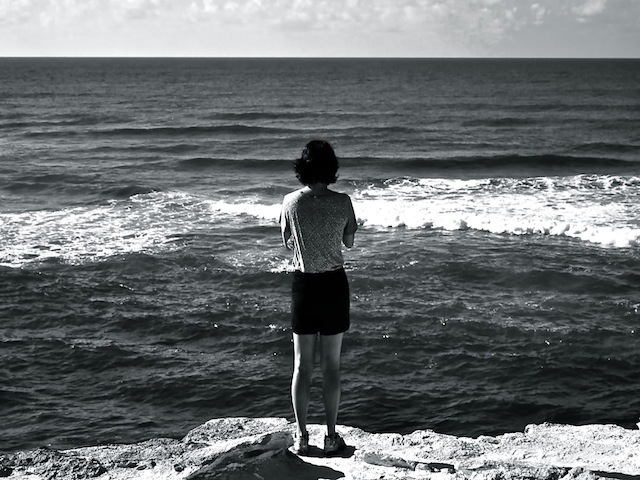Our bodies belonged to us.

June 7, 2023
My first-and-last girlfriend and I giggle naked
over how my grandfather and her grandfather
opposed one another in the Korean War, or
抗美援朝战争, the War to Resist American Aggression and Assist Korea.
Hers, a general in the People’s Liberation Army.
Mine, a former sharecropper who traded in his G.I. Bill
to major in mathematics at a historically Black college
in Daytona Beach. These grandfathers, if they saw
how we slept side by side in a twin bed
in Manhattan—bodies made of energy drinks,
alcohol, and salted rice cakes—smoked rollies
on 110th and Amsterdam, danced
in abandoned factories till dawn with other freaks
who dyke-marched and ho-strolled down vast veins
of this pinball city, might damn their own grandchildren
for loving each other. Instead, we won
the spirit’s lottery. Sexy women danced in rooms
with no one to bash her bones with pool sticks
or slit my throat with a jackknife. We had only
a ten-by-ten room
in the whole wide world
in which we did not
ululate with grief.
Our bodies belonged to us.
My first-and-last. Only you.
Author’s Note:
One night in a small college dorm room, with our queer womyn of color friends, my first girlfriend and I danced to a Teyana Taylor music video, and I had this overwhelming feeling of safety, recognition, protection, and love in this circle of QWOC solidarity. My girlfriend and I used to joke about our grandfathers fighting on opposite sides of the Korean War because our queer love seemed to make this historical (and patriarchal) violence ironic and darkly funny. However, we feared “disappointing” our lineages and dismissing their sacrifices by our queer, interracial relationship, a fear expressed in this grief embodied outside this moment in the dorm room. This small dorm room seemed to provide a site for liberation and relief from the performance of obedience to patriarchal norms.
This anti-war poem springs from the argument that solidarity should look like a dance party. The form is a lipogram, so one letter is omitted throughout the poem. In this case, the “u” is omitted until the final two stanzas. After the dance floor section when the “u” reemerges, there is a reconciliation between the two parts of the poem (the grandfathers’ war and the dance floor freedom), which reflects looking for a queer utopia with someone you love who is now gone. Without her, I couldn’t have understood what queer feminist liberation might feel like in my body. I want to be as free as when you / u were there with me in this small utopia.



